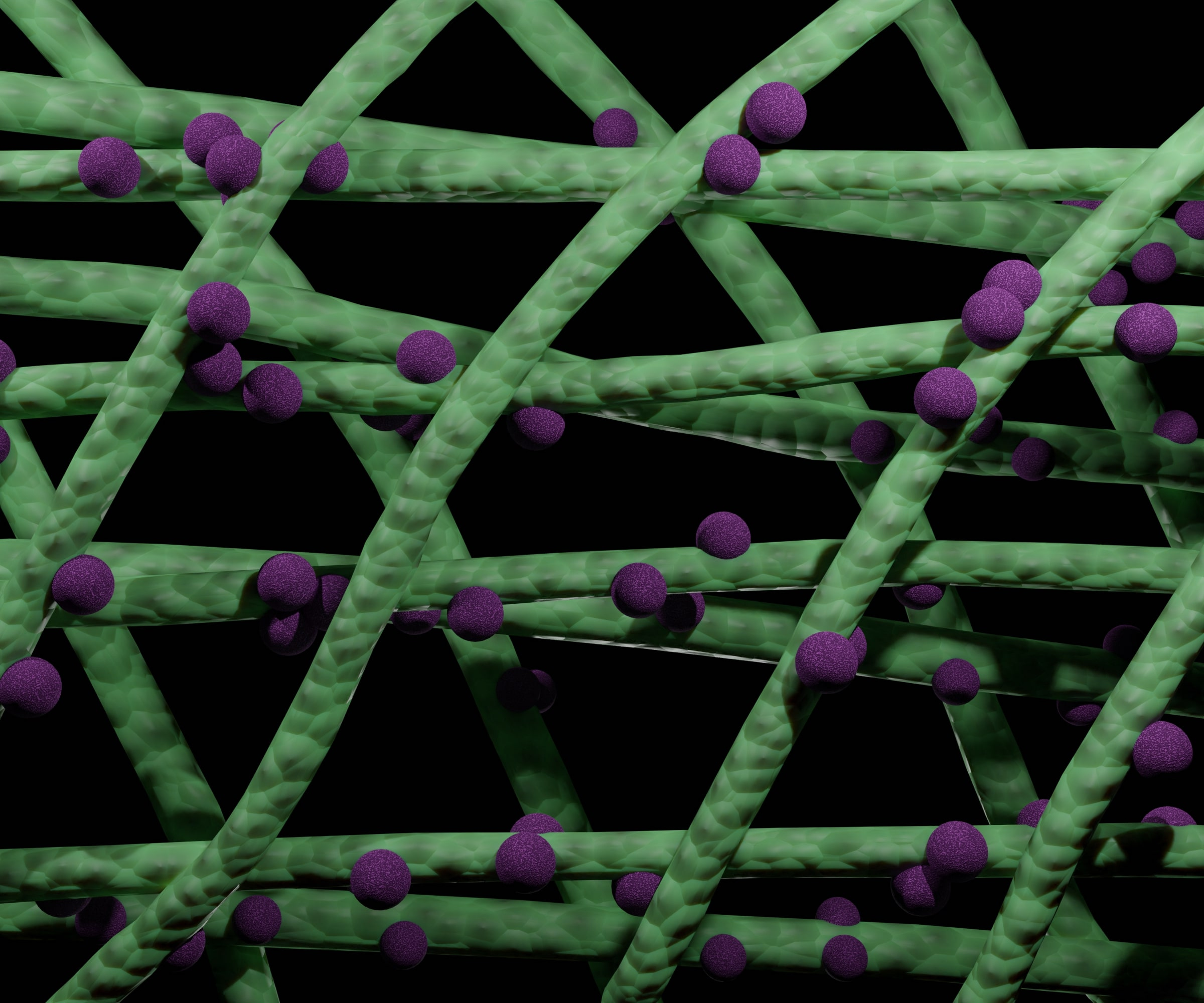AI FORM
An AI-driven automated high throughput microfluidic-based flow synthesis platform for acceleration of nanomedicine development

In Brief
- Challenge: Future Digital Challenge
- Challenge Type: National Challenge Fund
- Status: Active
The Challenge
Nanoparticles need to be formulated for certain medicines but producing them is difficult – the conventional strategies rely on trial and error, and have not been optimised beyond Design of Experiments (DOE) methods. The formation is very time consuming, labour intensive and expensive, and it is difficult to achieve an optimal formulation by considering only limited input factors. There is a strong need for a high-throughput formulation platform and corresponding smart algorithm to optimize the nanomedicine formulation quickly and effectively and enable seamless nanomedicine scale-up for animal and clinical tests and production.
The Solution
The AI-Form team will develop a disruptive Artificial Intelligence (AI)-enabled nanoparticle flow synthesis platform by combining high throughput microfluidic synthesis technology with Machine Learning software, thus achieving more efficient optimisation of nanoparticle formulations for better efficacy and stability. The AI-enabled system will help therapeutic pharmaceutical companies quickly identify effective formulations and accelerate the translation of their nanomedicine solutions into in-vivo and clinical studies for various applications, such as mRNA vaccine development, gene therapies and cell therapies. This project will benefit society by rapidly speeding up the development and translation of novel drugs to treat diseases that require nanomedicines; this will be demonstrated by focusing on Epidermolysis Bullosa (EB) and osteoarthritis.
The Team
- Team lead: Dr Nan Zhang, Assistant Professor, School of Mechanical and Materials Engineering, University College Dublin.
- Team Co-lead: Professor Wenxin Wang, University College Dublin.
Societal Impact Champion
- Dr Michael Gillen, BioPharmaChem Ireland